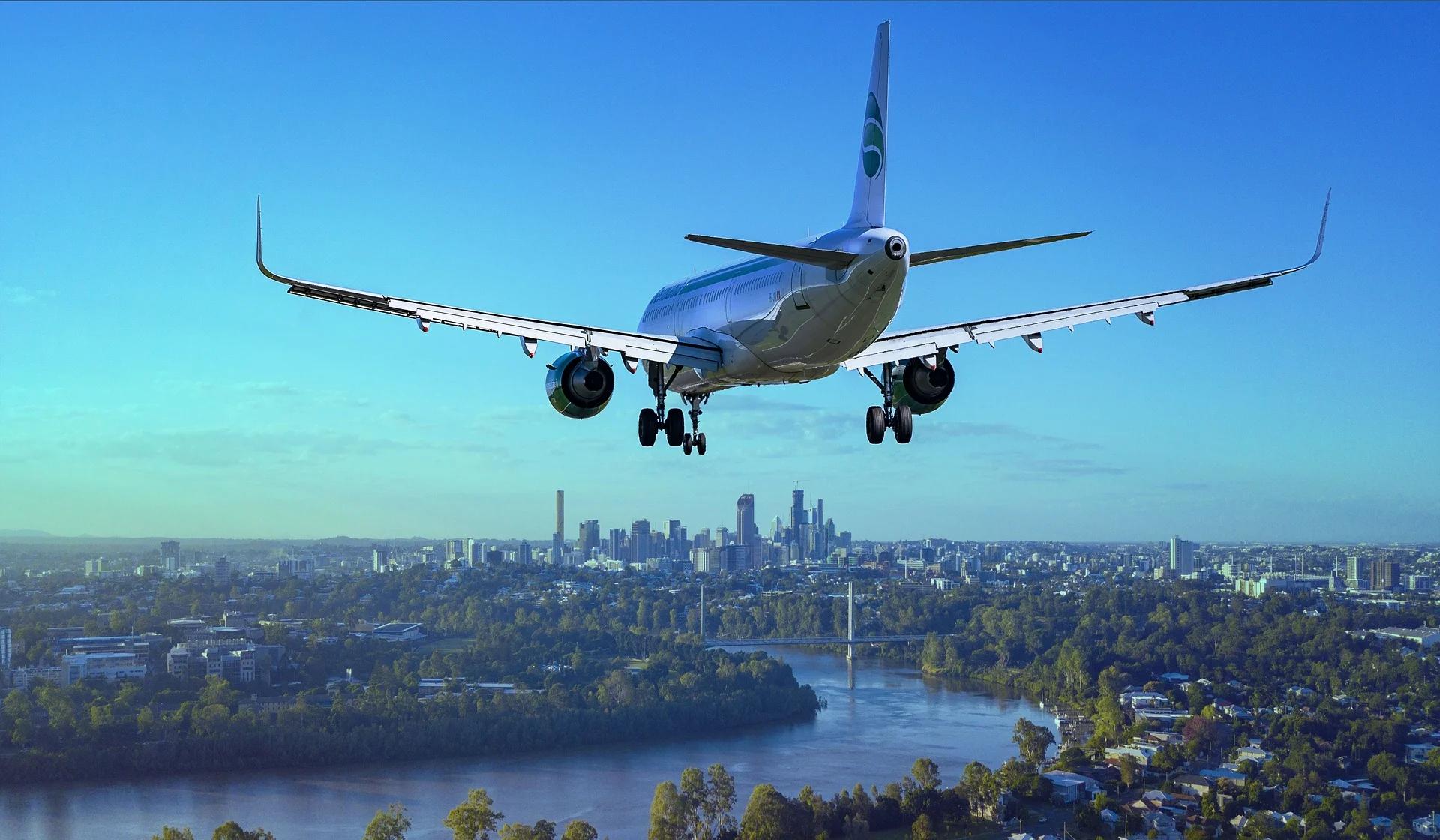
In a nutshell: Australia’s COVID-19 Outbound international travel restrictions and how to get an exemption
Published on October 2, 2020 by Maithri Panagoda AM, Wing Ho | 何宛穎律師 and Yee Mei Chow
Background
In response to coronavirus pandemic and to contain the spread of COVID-19 the Australian Federal Government declared a human biosecurity emergency on 25 March 2020. This declaration gave the Government almost unfettered power to impose biosecurity measures as it saw fit in response to the global COVID-19 outbreak. One such measure was the introduction in March 2020 of restrictions on inbound and outbound international travel which remain in place.
The restriction on inbound and outbound international travel applies generally to temporary visa holders and Australian citizens and permanent residents, unless they are in either an “exempt category” or have been granted an “exemption” by the Australian Border Force (ABF).
The travel restrictions give the Australian Government an unprecedented level of control over the international movements of Australian citizens/permanent residents and temporary visa holders. These restrictions are different to the various bans on cross border movements imposed by State/Territory Governments.
As of 20 August 2020, there were 15,801 inbound and 36,426 outbound international travel exemption requests approved by the ABF Commissioner or a delegate. These numbers did not include applications that were otherwise finalised, including those withdrawn, automatically exempt, or that did not meet the threshold for consideration by a delegate.
What are the restrictions on outbound travel from Australia?
Temporary visa holders
Generally, temporary visa holders will not be prevented from returning to their home country assuming that their home country permits their return. Even if travel is permitted it should be noted that it is not uncommon for flights to be cancelled or postponed due to restrictions imposed by overseas governments.
New Zealand citizens
New Zealand citizens holding a subclass 444 (Special Category) visa do not need to apply for an exemption to depart Australia.
Australian citizens and permanent residents
Generally, Australian citizens and permanent residents are prohibited from leaving Australia unless they either successfully apply for an exemption, or otherwise belong to a category which does not require an exemption.
The list of categories not requiring exemption is as follows:
- ordinarily resident in a country other than Australia
- an airline, maritime crew or associated safety worker
- engaged in the day-to-day conduct of outbound freight
- associated with essential work at Australian offshore facilities
- travelling on official government business, including members of the Australian Defence Force
In all other circumstances, an Australian citizen or permanent resident will need to apply for an exemption which may be granted in the following circumstances:
- where the proposed travel is as part of the response to the COVID-19 outbreak, including the provision of aid
- where the proposed travel is essential for the conduct of critical industries and business (including export and import industries)
- where the Australian citizen/permanent resident is travelling to receive urgent medical treatment that is not available in Australia
- where the Australian citizen/permanent resident is travelling on urgent and unavoidable personal business
- where the Australian citizen/permanent resident is travelling on compassionate or humanitarian grounds
- where the Australian citizen/permanent resident’s travel is in the national interest.
It is interesting to note the case of Baker v Commissioner of the Australian Border Force [2020] FCA 836, where a couple challenged the ABF’s decisions to refuse to grant their requests for exemption to depart Australia for their son’s wedding in the USA. The meaning of compassionate or humanitarian ground was explored here and the Court also considered whether the ABF needs to provide a concise decision and procedural fairness. The Court ultimately dismissed the application because it found that the ABF had wide discretion and that there had been no denial of procedural fairness, considering that the exemption request process was taking place within the context of an “emergency situation”.
How does the travel restriction exemption request process work?
Affected travellers need to make a travel restriction exemption request online via a dedicated website. They will need to set up an account to log in to the website and submit requests and the Department of Home Affairs advises that travellers should make a request at least 2 weeks, but not more than 3 months before their intended travel.
What about travel bubbles?
Media outlets have reported the commencement of the Australia and New Zealand travel bubble from 16 October 2020. At this stage, no further concrete information is forthcoming from the Australian Government regarding the implementation of travel bubbles between Australia and other countries.
Need help?
The immigration law team at Carroll & O’Dea Lawyers have extensive experience in dealing with the Department of Home Affairs and are well placed to advise on, and lodge, travel restriction exemption requests. By way of example, the team has recently been successful in obtaining exemptions for some clients wishing to travel overseas on compassionate grounds. If you would like further information or assistance with lodging a travel exemption request, we encourage you to contact us via our online enquiry form so that we can assess your situation and advise on your next steps.
See our previous article on restrictions on Inbound Travel to Australia.


